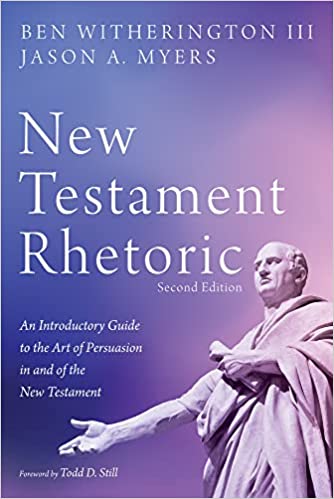Aelius Aristides (or perhaps he should be called Ailius, since he kept complaining about being unwell) lived in the middle of the second century A.D. and spent no little time at the Aesclepion in Pergamum trying to get well. He seems to have spent a whole decade there going through treatments, but as my recent posts on Pergamon show, this was not just a clinic. There was a theater, a meeting place and much more at this sight, and in fact Aristides met many famous people who had come to the Aesclepion to get well. Despite his moaning and groaning, he was one of major literary figures of his age, not just for his declamation but also for his writings. The Emperor Marcus Aurelius came to hear him declaim in Smyrna, and later when an earthquake leveled Smyrna Aristides successfully pleaded with the Emperor to rebuild the city. His speeches show traces of indebtedness to Dio Chrysostom and others, and he kept to topics and style that were familiar and popular. As Bowersock says, he was a creature of his age. But what makes him most interesting was his spiritual reflections on the dreams he had of gods and human beings while being treated at the Aesclepion. One interesting thing he has is the histories, biographies, rhetoric should take the form of prose by and large, but he shares that ‘we’ deem prose inappropriate to talk about the gods, so instead we use poetry. Aristides is perhaps most well known for his rhetorical speeches on great cities, in particular Athens and Rome (see p. 101 of Bowersock’s treatment). This is interesting when compared with Revelation’s treatment of Rome as Babylon the harlot, in contrast to the new heavenly Jerusalem coming down to earth, a very different rhetorical tale of two cities.
One of the major impressions from reading The Hellenistic Period and the Empire, is just how much rhetoric affected almost all kinds of literature— histories, letters, treatises, novels, poetry, philosophy and more. In fact many of those called rhetors, were themselves composers of Greek novels and other forms of literary output which were not discourses used in speeches. The line between philosophers who did public speaking and rhetoricians seems quite thin, and in fact some rhetors did both– for instance Dio of Prusa. The same can be said for historians who were also rhetoricians. It is thus no surprise that someone like a Luke would write as a Hellenistic historian using rhetorical training to shape his speech summaries and other aspects of his narratives.













